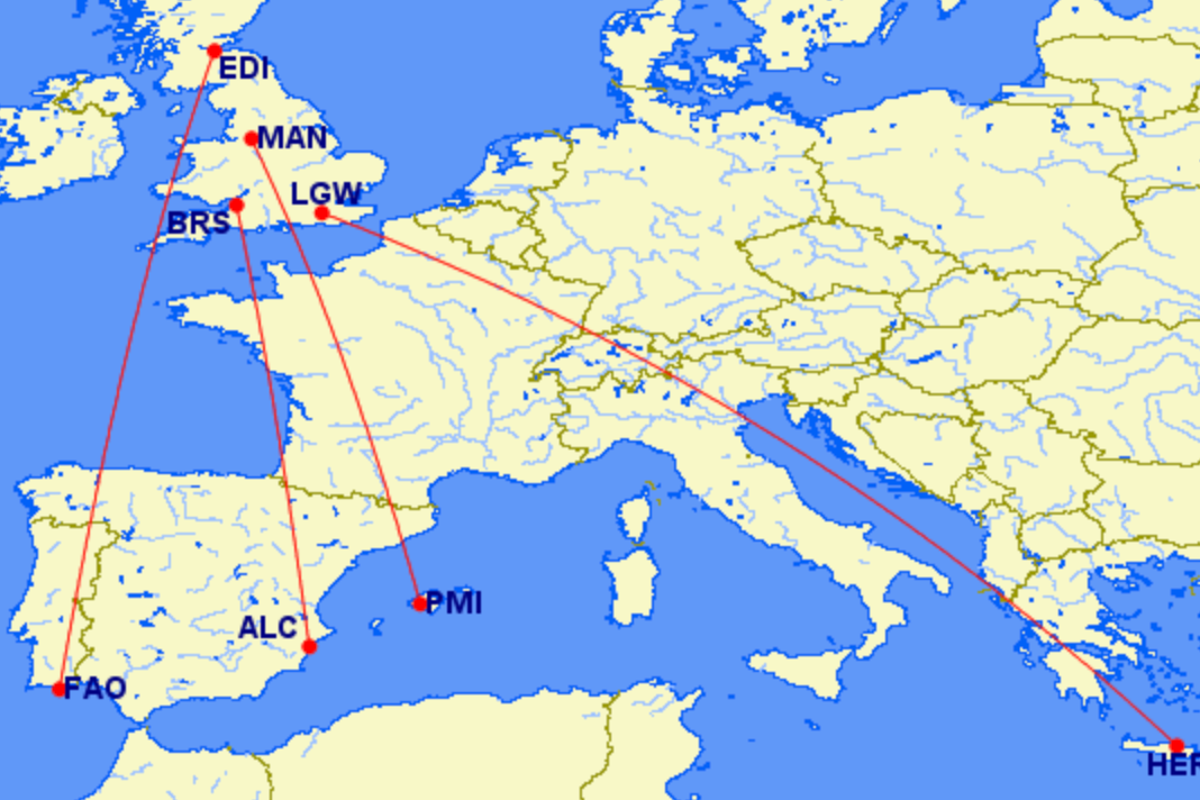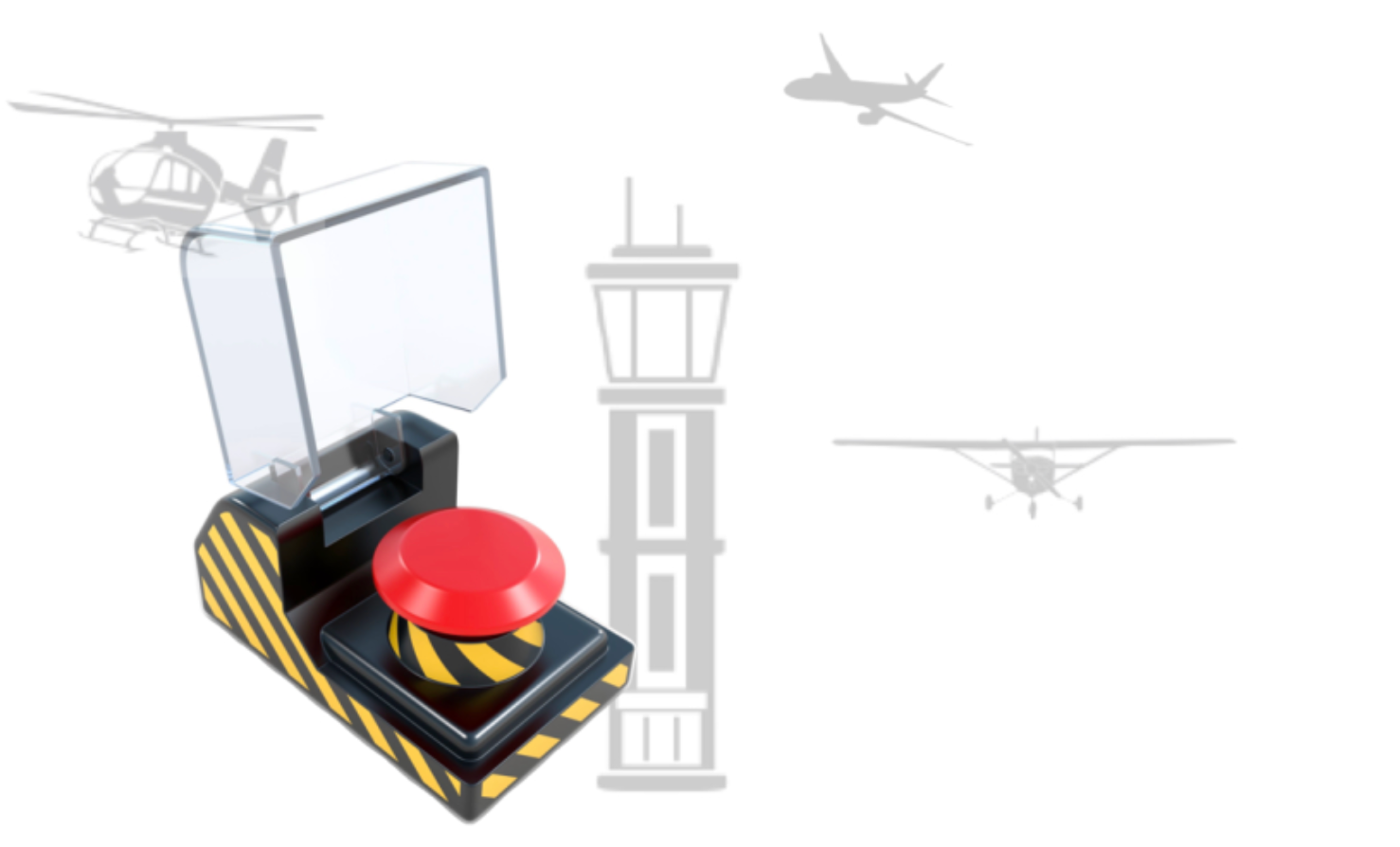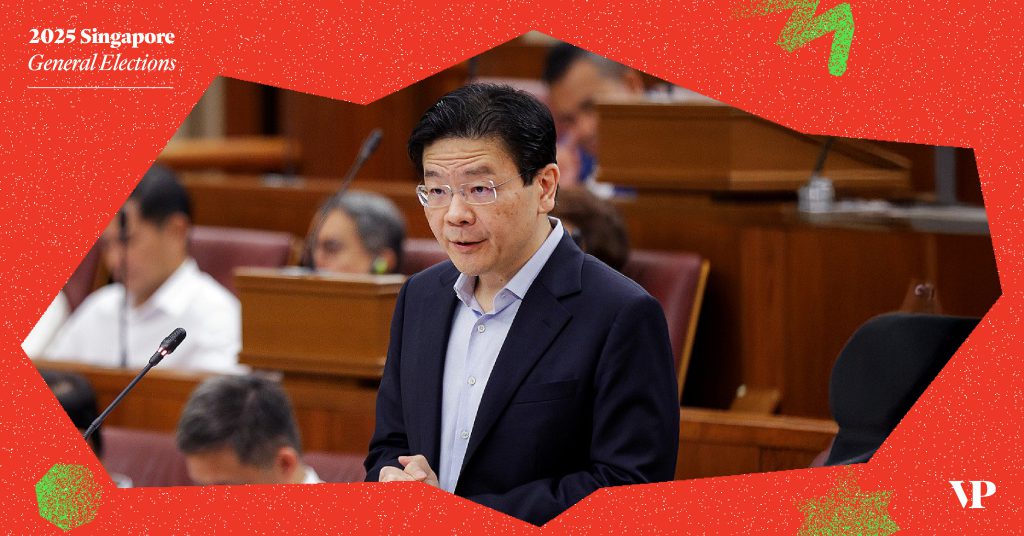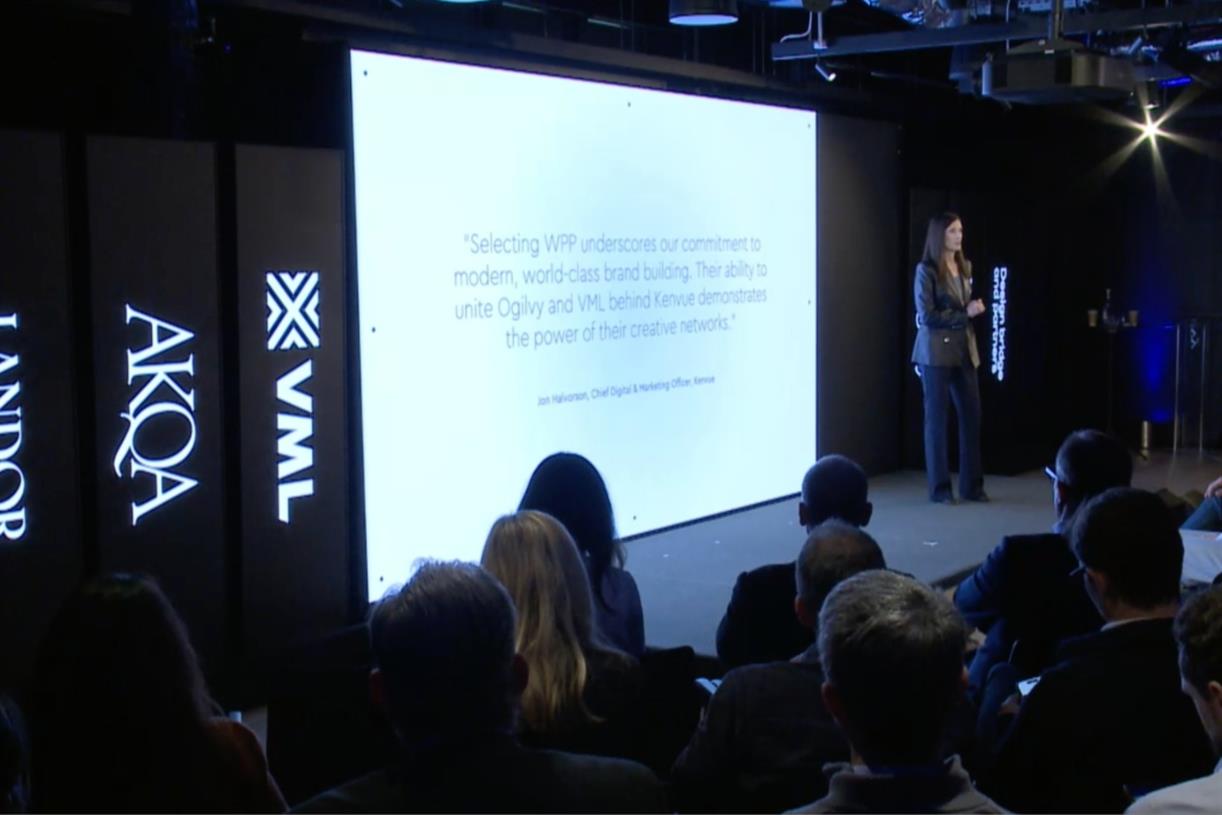French air traffic control strike: What does the October walkout mean for your flight?
Tens of thousands of passengers are likely to have their journeys cancelled during the next walkout

The main French air traffic control union, the SNCTA, is planning to strike “from the start of duty on the morning of 7 October until the end of night duty on the morning of the 10 October.”
As happened during the last big strike by French air traffic controllers in July 2025, tens of thousands of passengers are likely to have their flights cancelled. Many more will face delays.
These are the key questions and answers for anyone flying in western Europe from 7 to 10 October 2025.
What is the French air traffic control strike about – and could it be called off?
The largest controllers’ union has a long list of grievances. It says: “For several years, the governance of air traffic control has been characterised by mistrust, punitive practices, and brutal managerial methods.”
The SNCTA also wants restoration of pay that it says has been eroded by inflation. The union points out that the French government does not pay members’ wages – these are paid by airlines, and by extension their passengers.
Airlines and passengers will certainly be paying dearly if the disruption is as expected.
I see no prospect of the strike being annulled. The aim of the strike is specifically to put pressure on the latest iteration of the French government. The walkout was due to take place in September, but then the last government in Paris collapsed – and the strike was postponed.
How badly will flights be hit by French air traffic control strikes?
The effect at this stage is unknowable. Ahead of the now-postponed September strike, Ryanair warned that 700 flights with a total of 125,000 passengers faced cancellation. The October walkout, if it goes ahead, is likely to be more damaging for Europe’s biggest budget airline – as well as many other carriers.
The sequence of events is this: two days before the strike starts, on 5 October, controllers will declare whether or not they will be available to work on the first day of the strike, 7 October.
The afternoon before the first strike day, the French civil aviation authority, the DGAC, prescribes what level of air traffic control service can be provided on the initial day of the walkout – and conversely, what proportion of flights each airline must cancel.
The pattern repeats each day: on 6 October, controllers say whether they will work or not on 8 October, with instructions to airlines issued on the afternoon of 7 October. The same thing will happen for the final day of the 72-hour strike.
Because the extent of the disruption on each day is not known until the afternoon, airlines are loathe to make any cancellations in advance – hoping to get as many passengers as possible to their destinations, and to swerve potentially millions of pounds in lost revenue and added costs. They have told me they are “monitoring the situation
What happened last time?
The two-day strike in July by two smaller unions representing controllers caused almost 3,000 cancellations. That amounts to around 40,000 or 50,000 passengers with their flights grounded.
Among all the flights that did operate, one in nine was delayed – by an average of 41 minutes.
Eurocontrol, the pan-European aviation coordinator, put the cost to the aviation industry at €120m (£104m) in lost revenue and expenditure on care for passengers.
It is likely that the impact of the October action could be similar.

Am I safe if I’m not flying to, from or within France?
No. Overflights seem to suffer disproportionate disruption. The two airports worst affected by the July strike were both in Spain: Palma de Mallorca and Barcelona.
From airports the UK and elsewhere in northern Europe, the most direct track to many locations in the Mediterranean, as well as some Atlantic islands, goes via French airspace. Flights from London Gatwick to Crete, from Manchester to Palma and from Bristol to Barcelona normally spend about an hour overflying France.
Even a departure from Edinburgh to Faro in Portugal will be affected; although the most direct flightpath does not overfly France, the Brest Flight Information Region – ie the northwestern chunk of airspace controlled from Brittany – extends well into the Atlantic.
In addition, the strike puts pressure on sectors of airspace adjacent to areas controlled by France. Another issue is that if planes are held up in the morning flying between the UK and Spain, France or Italy, there can be knock-on delays.
What are my rights if my flight is cancelled?
Under air passengers’ rights rules, an airline that cancels a flight must get you to your destination as soon as possible, on any carrier that has seats available. If an overnight stay is required, the cancelling airline must provide a hotel room, as well as meals as appropriate. These obligations apply regardless of the cause of the strike.
At times of mass cancellation, as this event is likely to be, airlines may not carry out their stipulated duty – leaving you to sort out rooms, meals and perhaps alternative flights. Keep all receipts
What are my rights if my flight is delayed?
Theoretically, airlines should provide refreshments for shorter flights (up to 1,500km) that are delayed in departure by two hours or more, or after three hours for longer journeys (Stansted-Ibiza is just under 1,500km, Birmingham-Ibiza just over).
In practice, when a strike is on passengers may well be boarded on to the plane to sit and stew in case it is possible to get an earlier departure slot.
What do the airlines have to say?
Ryanair is not happy. Chief executive Michael O’Leary has repeatedly called on European Commission president, Ursula von der Leyen, to protect overflights in such strikes. He said: “If President von ‘Derlayed-Again’ won’t protect overflights during national ATC strikes, then she should step aside and let someone competent do the job.
“Europe needs reform and competitiveness. We don’t need useless politicians promising reform but doing nothing. Passengers flying from London to Rome or Brussels to Madrid shouldn’t be held hostage every time there’s a national ATC strike.”
Follow Simon Calder’s daily travel podcast for all the latest news

 Aliver
Aliver 




























